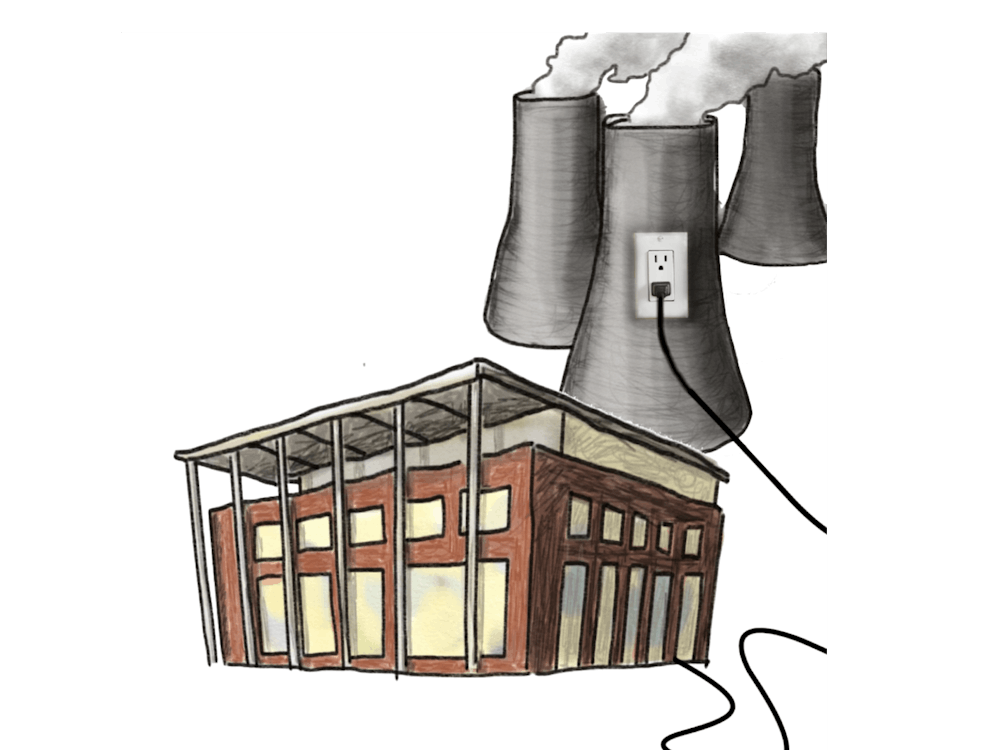On Feb. 12, a large group of students sat in on a Honor Committee meeting and made the case for the proposed democratization amendment during the community concerns portion. The amendment would lower the threshold for voting on constitutional change to from 60 percent to 55 percent. During the meeting, students faced hesitation and pushback from some members of the committee, presumably because the amendment did not originate from the Committee itself.
Ideally, student self-governance at the University should work through two primary avenues, indirect representation and occasionally direct democracy from constitutional referenda. For years, students have seen that elected representatives of Honor have consistently been resistant to change and have failed to respond properly to student demands. Last year was another of many other close attempts to reform the Honor system through direct democracy and make it more reflective of student desires. Although an overwhelming majority voted in favor of a multiple sanction system, student representatives have been slow to respond.
In an opinion article opposing the amendment, writer Olivier Weiss asserted that we “should not be lowering the bar for constitutional changes at a time when institutions on all levels are being beset by a wave of popular disruption.” However, Mr. Weiss forgets exactly why these institutions on all levels are endangered in the first place. Voters are more apathetic regarding democratic forms of government than ever. Only 30 percent of U.S. residents born in 1980 rate it necessary to live in a democracy. Many citizens were willing to vote for populists like Donald Trump or to vote for Brexit either because they felt that their vote would not create change or because they were desperate for change by any means. Of course, we do not face such dire stakes at this University, but it would be a grave loss if students were to lose faith in student self-governance. Only 34 percent of students turned out for the honor referenda in the last election. This not indicative of a general lack of interest about reforming the Honor on the part of the student body, as turnout for most other parts of the ballot were not much higher or lower. Many students at this university do not feel that the Honor system represent them. “Lowering the bar” to 55 percent would be a small price to pay for making our system more responsive to change and for making students regain ownership in the system.
I do not deny that the catalyst for the current amendment was last year’s vote, but we cannot allow this debate to become a referendum on a multiple sanction system. The democratization amendment has plenty of merit on its own, and the debate should be separated from ongoing debate over multiple sanction systems. Members of the Honor Committee and opponents of the amendment often tout the Honor Audit Commission and tell students to wait for institutions to work. However, most solutions that the Honor Audit Committee will come up with will likely require another vote with the high 60 percent threshold. Thus, the reforms from the audit commission will not have merit without the democratization amendment. Furthermore, in a time where the status of international and low-income students are increasingly at risk, we must find new innovative solutions to reform the Honor system. A myriad of solutions exist, including a mediation extension of the Informed Retraction, which does not involve a multiple sanction system. However, all of these solutions will inevitably require constitutional change and a vote from the student body.
Any reforms to the Honor system will require a multi-faceted approach and should consider all avenues available. A common refrain is that change must be slow and cautious, but too often caution can revert into inaction. Passing this amendment will strengthen the honor system by restoring faith in student self governance and by ensuring that any future changes proposed by the HAC will pass.
Weston Gobar is a third-year College student and political action director of the Black Student Alliance.




